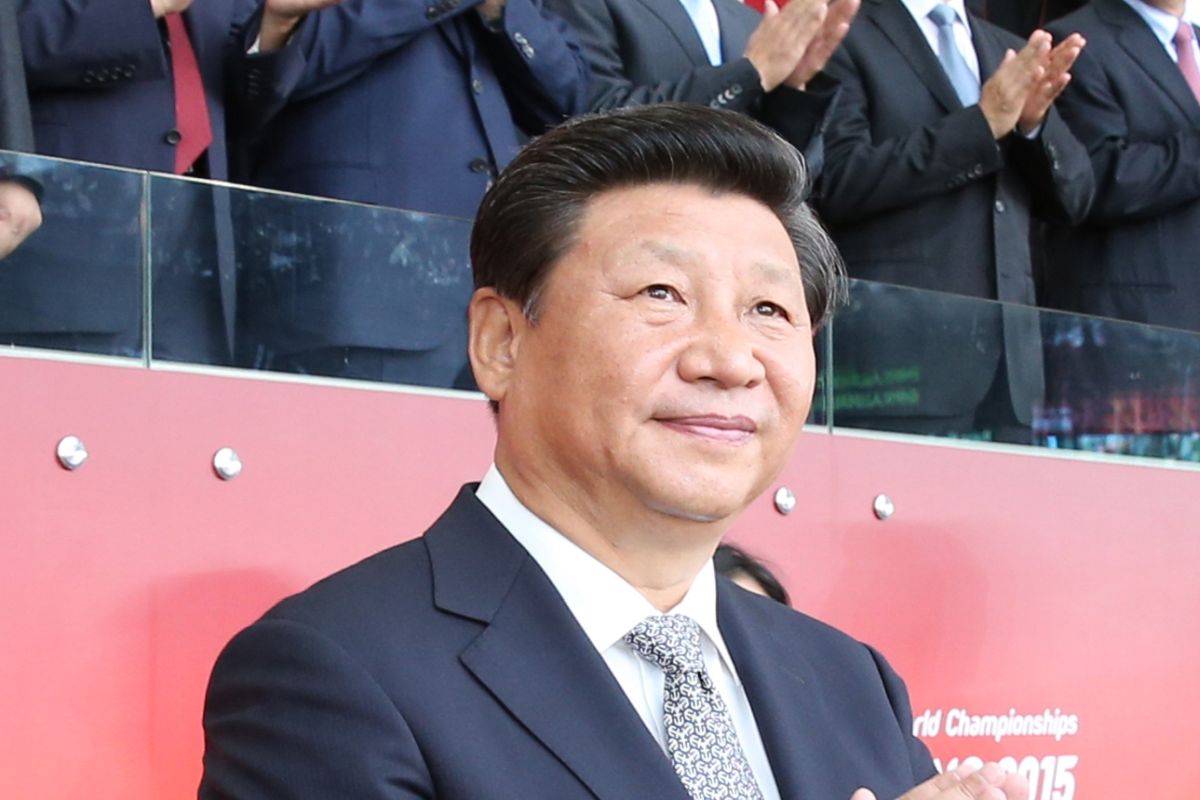Still unexplained
The hunt for the origins of Covid-19 has for the past four years been a tangled web of politics, power struggles, and international finger-pointing.
It was more than obvious on Monday that Hong Kong’s citizenry has little or no faith in the assurances of the chief executive, Carrie Lam, vis-a-vis the extradition bill.

Chinese President Xi Jinping. (File Photo: Xinhua/IANS)
The coincidence was calculated and has emitted a signal to mainland China. Monday’s siege of the legislature in Hong Kong by hundreds of thousands of people was organised on the 22nd anniversary of Britain’s handover of the island nation to China (1997). In the contemporary perspective, it was a spirited demonstration against the proposed extradition law, despite the partial climb down by the government. Notably, the legislation has been kept in abeyance. The siege was reminiscent of the Umbrella movement some years ago, which was no less directed against China’s dominance.
Hong Kong is in ferment more than two decades after the watershed transition, and the escalating street violence does pose a challenge to the autocratic domination of the President-for-life, Xi Jinping, though the post-Mao Zedong “strongman” has distanced himself from the turmoil. The siege of Parliament despite the government’s partial climbdown underscores deeper grievances relating to Beijing’s attempts to curb the freedoms of the people of Hong Kong, the lack of full democratic rights and, more generally, the threatening atmosphere created by Xi’s aggressive authoritarianism. On closer reflection, China’s policies towards Hong Kong mirror his hostility to political pluralism in mainland China, the stifling internet and media censorship, increased social regimentation, and human rights abuses, most particularly the persecution of ethnic and religious minorities such as Xinjiang’s Muslim Uighur community.
It was more than obvious on Monday that Hong Kong’s citizenry has little or no faith in the assurances of the chief executive, Carrie Lam, vis-a-vis the extradition bill. Fears that the turbulence in the tiny nation could assume the character of an insurrection are not wholly unfounded. The state media has hinted that trouble could be stoked by “external actors”, arguably Taiwan, with which tensions have been escalating due to Xi’s tough reunification stance. The prosperous, democratic and de facto independent island nation of Taiwan, supported by Washington, has been robust in its opposition to Xi, who will doubtless strain every nerve to prevent Hong Kong following its example. Not wholly unrelated is the fear that Hong Kong could be caught up in the rivalry with the US and its allies over control of the South China and East China seas. The greatest fear is that if the Hong Kong crisis deepens, China might resort to brute force, as happened in Tiananmen Square 30 years ago. Well might Xi wish to avoid a repeat, fearing a storm of international condemnation, and the possible damage to China’s expanding power, reputation and economy. It would be presumptuous quite yet to draw an analogy between Hong Kong and Tiananmen, where the massacre took place under a virtual media blackout. In 2019, it will not be convenient state policy to unleash a wave of mass murder. Xi’s China risks unsplendid isolation should that happen.
Advertisement
Advertisement